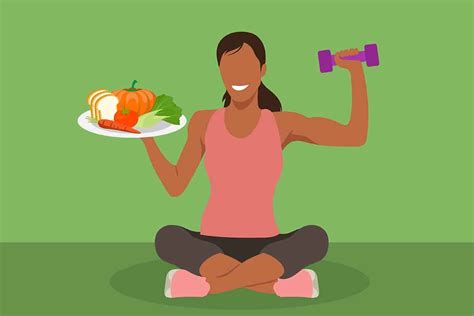What are 3 actionable diet tips to naturally optimize male testosterone levels?
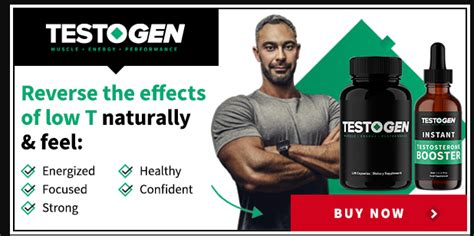
Testosterone, the primary male sex hormone, plays a pivotal role in more than just libido and muscle mass. It influences energy levels, mood, bone density, and even red blood cell production. While many factors contribute to healthy testosterone levels, diet stands out as a powerful, natural lever you can pull. Optimizing your eating habits can significantly support your body’s natural hormone production without resorting to synthetic solutions. Here are three actionable diet tips to help naturally boost your testosterone.
1. Embrace Healthy Fats, Especially Monounsaturated and Saturated
Contrary to outdated advice, not all fats are equal, and some are crucial for hormone production. Cholesterol, derived from dietary fats, is the direct precursor to testosterone. Your body needs a sufficient intake of healthy fats to synthesize this vital hormone effectively. Focus on incorporating sources of monounsaturated and saturated fats in moderation.
- Monounsaturated Fats: Found abundantly in avocados, olive oil, nuts (like almonds and pecans), and seeds.
- Saturated Fats: Present in foods like lean red meat, egg yolks, and certain dairy products. While moderation is key, these fats provide the building blocks your body needs. Avoid trans fats entirely, as they are detrimental to overall health.

2. Prioritize Key Micronutrients: Zinc, Vitamin D, and Magnesium
Beyond macronutrients, specific vitamins and minerals act as cofactors in testosterone synthesis and regulation. Deficiencies in these micronutrients can directly impair your body’s ability to produce optimal testosterone levels.
- Zinc: This essential mineral is involved in numerous enzymatic reactions, including those crucial for testosterone production. Good sources include oysters (one of the richest sources), red meat, poultry, beans, nuts, and whole grains.
- Vitamin D: Often referred to as the “sunshine vitamin,” Vitamin D actually functions as a steroid hormone in the body. Research consistently links adequate Vitamin D levels with higher testosterone. While sun exposure is the best way to get it, dietary sources include fatty fish (salmon, mackerel), fortified milk, and egg yolks. Consider supplementation if your levels are low, especially in winter months.
- Magnesium: This mineral plays a role in over 300 biochemical reactions in the body, including those related to muscle function, nerve function, and energy production. It can also help increase free testosterone by reducing its binding to sex hormone-binding globulin (SHBG). Rich sources include leafy green vegetables (spinach, kale), nuts, seeds, legumes, and whole grains.
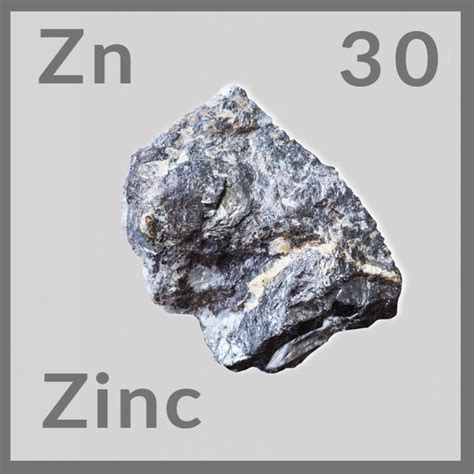
3. Manage Carbohydrate Intake and Avoid Processed Sugars
The type and amount of carbohydrates you consume can significantly impact your hormonal balance. High intake of refined carbohydrates and sugars can lead to spikes in insulin, which has been shown to negatively affect testosterone levels. Studies suggest that high insulin levels can suppress testosterone production.
Instead, opt for complex carbohydrates that provide sustained energy and fiber, helping to stabilize blood sugar. Examples include whole grains (oats, brown rice, quinoa), sweet potatoes, and various fruits and vegetables. Limiting processed foods, sugary drinks, and excessive simple sugars is crucial for maintaining healthy insulin sensitivity and, by extension, optimizing testosterone.
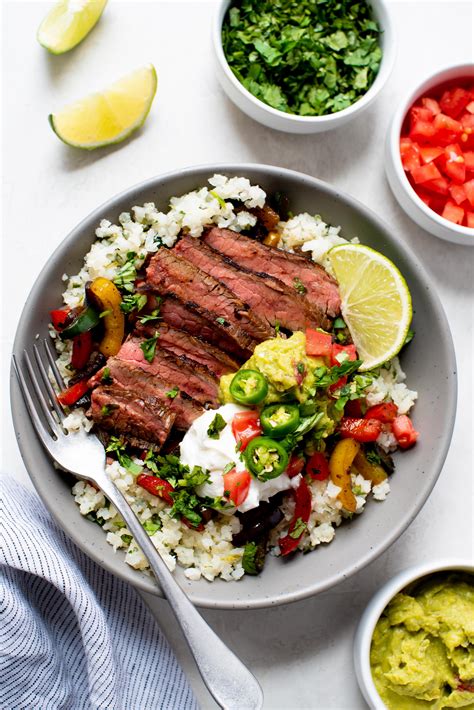
Beyond Diet: A Holistic Approach
While diet is a cornerstone, remember that natural testosterone optimization is a multifaceted endeavor. Adequate sleep (7-9 hours), regular strength training and high-intensity interval training (HIIT), and effective stress management are equally important pillars. Chronic stress elevates cortisol, which can negatively impact testosterone production.
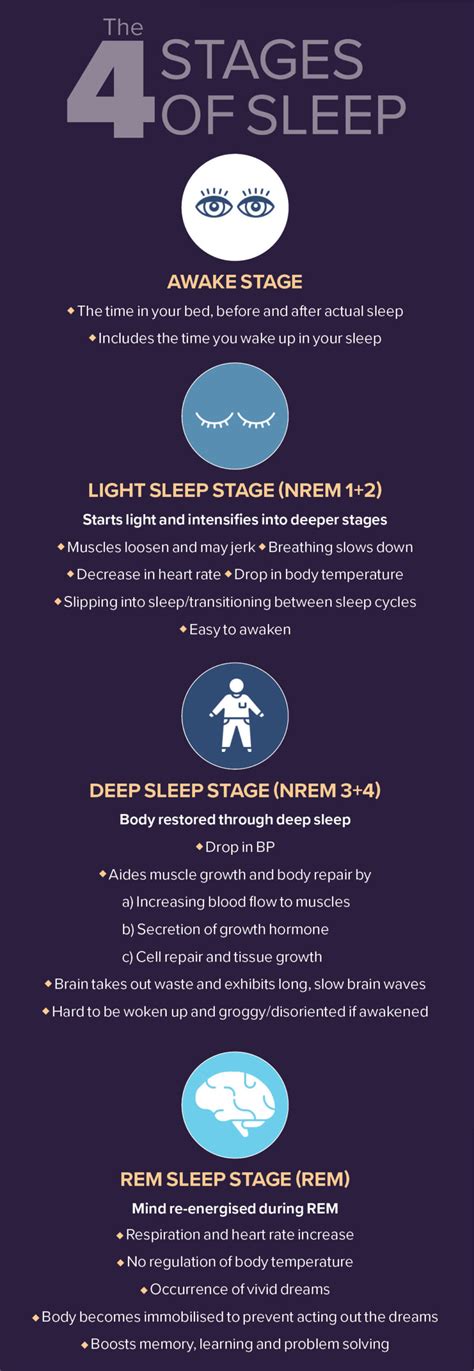
Conclusion
Naturally optimizing male testosterone levels through diet is a powerful and sustainable strategy. By consciously incorporating healthy fats, ensuring sufficient micronutrient intake of zinc, Vitamin D, and magnesium, and managing carbohydrate consumption while avoiding processed sugars, you can significantly support your body’s hormonal health. Consistency is key; integrate these tips into your daily routine for long-term benefits and a healthier, more vibrant you.
